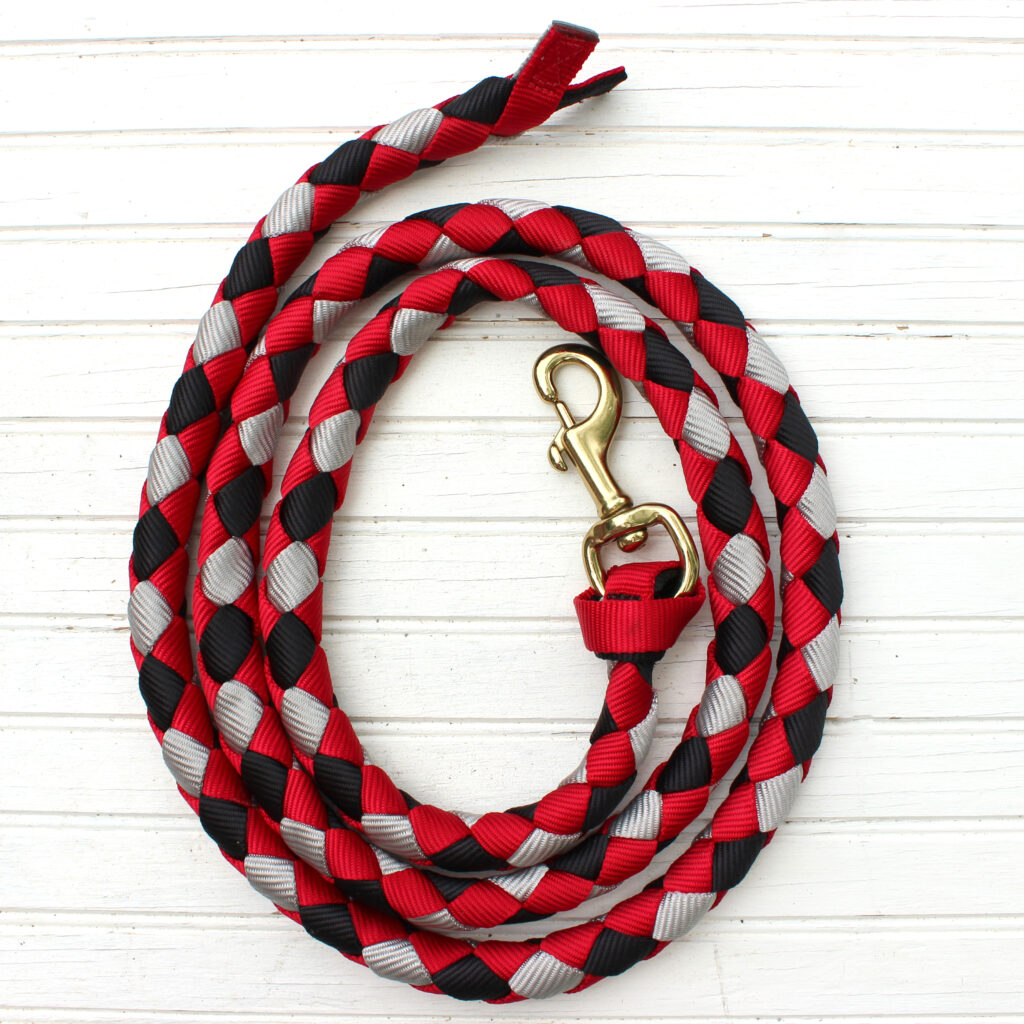Do you feel like now is the right time to buy a horse? Or are you questioning whether you are truly ready for such a big responsibility? If this is you, you’ve come to the right place. We have made a list of 15 signs that show you are ready to take the leap and buy a mount of your own! We also have this handy quiz that will help you know if you are ready.
I have broken down the 15 signs into four categories:
- Knowing you are mentally prepared to take on a horse
- Accurately judging your horse care experience level
- You have access to the right resources
- Ensuring that you are in a financial position to care for your horse properly

Knowing When you’re Ready for a Horse
To own a horse, you must be ready for the mental strain and stress you will face. Yes, owning a horse is a joy, but everybody will have at least one event they didn’t know how to handle.
Below are the six signs that you are mentally ready to own a horse.
- You know why you want to own a horse: It may sound silly, but many riders have to pause and think when asked, ‘why do you want to own a horse?’. Essentially, you need to know what you hope to gain from owning a horse that you can’t get from taking lessons or part boarding.
- You understand the time cost: Owning a horse is time-consuming, and you may find that your other relationships suffer. For example, you’re at the barn caring for your horse instead of going to the beach with friends on Saturday morning. That can put a strain on a relationship.
- You know it’s long-term: A horse can easily live into their 30s, so if you buy a 12-year-old horse, you could be looking after that horse for 18 years. Are you ready for that commitment?
- You know it won’t last forever: Owning a young, healthy horse is great, but every young, healthy horse eventually turns into an old retiree. So do you have a plan for your horse once they are too old to ride? Do you have somewhere they can live on your property? Will you pay to have them at a retirement sanctuary? Or is the plan to give them to an already overburdened rescue service?
You also face the possibility that your new best friend may pass away early. It could be because they got sick or had an accident. Are you prepared to face the loss of your horse if something unexpected happens? - Your Expectations Are Realistic: You know that owning a horse doesn’t just mean bonding with your horse and taking endless rides. There is hard work involved. You need to feed them, rug them, exercise them, groom them, clean the stables/pasture, clean the gear, and spend time driving into town to buy horse food. The is always something more to do when you own a horse.
- You know things can and will go wrong: Owning a horse is like owning an overgrown 4-year-old. It doesn’t matter how well-behaved they are or how much they love you, sometimes they misbehave. For example, I planned to move my horse, Cheeky, to a new stable in a float she had been in over a hundred times. Most of the time, she would walk on herself without any help. But she decided she did not want to go anywhere. The horse that usually loaded in under 90 seconds took over an hour to get onto the float.
Signs That You Have Enough Experience to Own a Horse
The second aspect of being ready to own a horse is knowing how to look after a horse. I have broken this down into three signs.
- You have real-life experience caring for a horse: Knowing how to care for a horse is essential, but reading books isn’t all you need to do. You also need hands-on experience. For example, you can get experience by helping at your riding stable. You could ask a friend to let you do some horse chores. You could even consider doing a part board.
- You know how to communicate with a horse: Knowing how to speak with a horse doesn’t mean you need to be a horse whisperer. What it means is that you can identify body language and get a feel for their mood. For example, you need to know that if a horse squares its rump at you and starts to tense the muscles in its legs, they are about to try and kick you.
- You are realistic about your skill level: Knowing your true skill level is essential to know what kind of horse will be a good fit. If you buy a horse that is too advanced, you or your new horse will likely end up hurt or even killed. There is no shame in admitting that you need to learn more before buying a horse. Even the most experienced horse owners have more they can learn.
You Have Access to the Right Resources
The third aspect of knowing you are ready to own a horse is ensuring you have access to the right resources.
- You have a place to keep your horse: Having a safe place for your horse to live and sleep is vital for its wellbeing. Unfortunately, finding suitable accommodation for your horse can also be tricky. So, ensure you have found somewhere and thoroughly inspect it before making your purchase.
- You have people that can help: When we think of resources, we usually think of things like saddles and stall cleaning forks. But resources can also mean people. Ensuring you have someone you can call if something goes wrong or you need advice is essential. Your person could be a family member, friend, riding instructor, etc.
- You have a community: You should ensure you still have access to a community of equestrians. You learn from each other and discover exciting tips and tricks along the way. It is also a lot of fun to ride with other people from time to time.
- You have the right equipment: When you purchase your first horse, you must also buy the right equipment. That includes your saddle, bridle, grooming kit, rugs, etc. So, make sure you can source these items when you buy your new horse (and don’t forget a helmet! Your safety is just as important as your horses!)



A lead rope, a grooming kit, and a saddle are just a few of the things you’ll need for your first horse.
You are Financially Ready to Own a Horse
The final aspect of owning a horse is the financial cost. Horses are expensive to own, and you need to know what you are getting yourself into. The two signs of being financially prepared are:
- You understand the actual cost: Understanding the cost of owning a horse before purchasing one is essential. Otherwise, you may find that you have no money to look after the horse. Costs of owning a horse include:
- Purchasing your horse
- Purchasing basic equipment (helmet, saddle, bridle, etc.)
- Board
- Farriers
- Dentists
- Vets
- Emergencies
- Medications
- Training fees
- Competition fees
- Riding lessons
This list is not exhaustive, so create a realistic budget for owning a horse before committing to equine life.
- You have emergency money: You need to make sure you have money aside for emergencies. For example, your horse may get caught in a fence and need a vet. Your rug got ruined, and you need a new one before the snow. Maybe you had a riding accident and need to cover your hospital fees. It could be anything, and you must be prepared to cover the costs.
Final Thoughts on Knowing it’s Time to Buy Your First Horse
Owning a horse is an amazing experience, but it comes with several costs that you need to consider carefully before going ahead with your purchase. If you decide you are ready, welcome aboard! If you decide you need a bit more experience, that’s also ok, and we are here to help you on your journey to becoming a horse owner.
we also have this handy quiz that helps you know if you are ready to take that next step.
Comment below with the moment you knew you were ready, and tell us a bit about your first horse!
